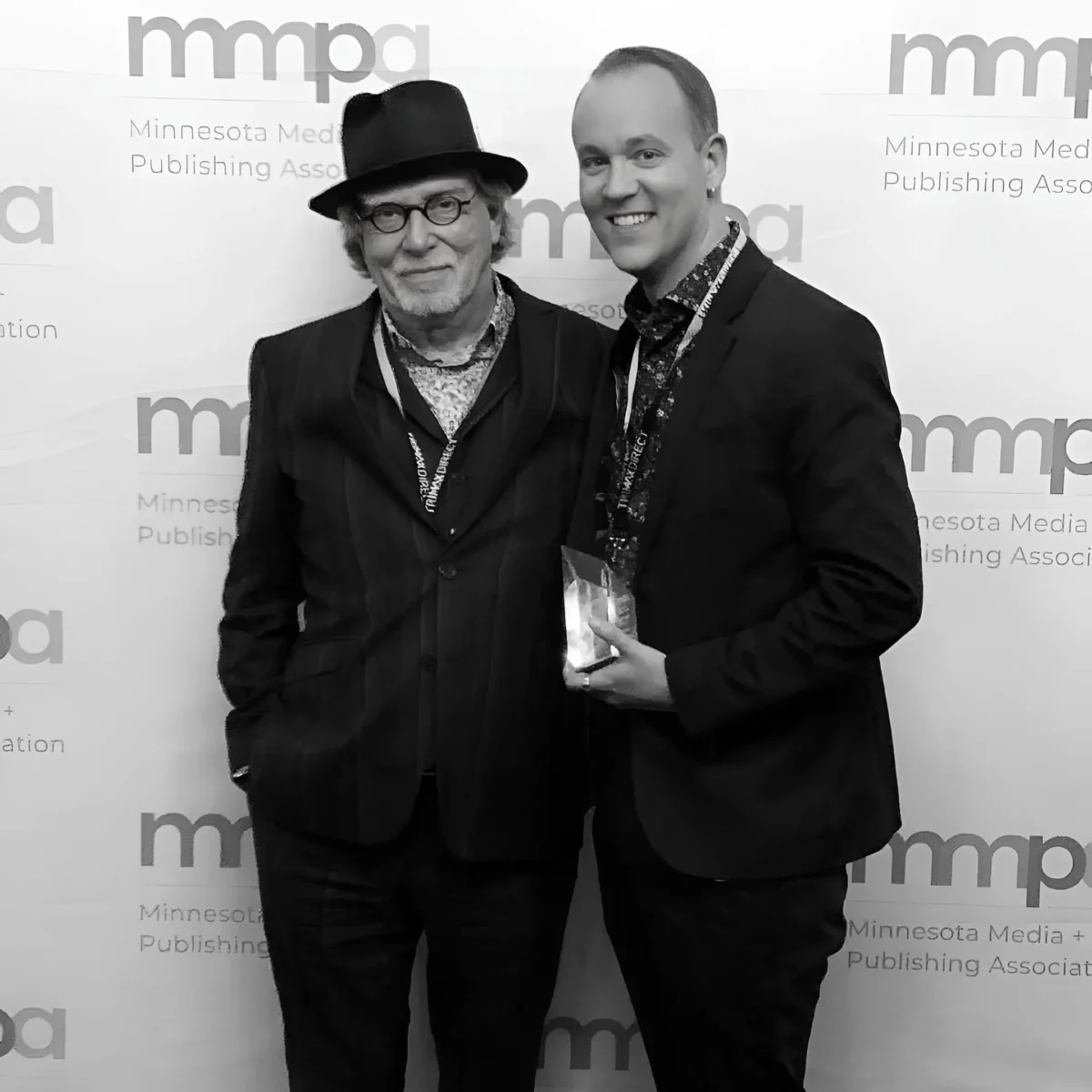Lee Knight: The Man Who Built the Machine (and Occasionally Took a Wrench to It)
In the golden age of the circus, P.T. Barnum understood that to dazzle the crowd, you needed more than a tent and a tightrope. You needed audacity. You needed alchemy. And above all, you needed a ringmaster who could conjure the extraordinary out of the ordinary. Lee Knight—founder of Exhibitor magazine, ExhibitorLIVE, Gravity Free, the Certified Trade Show Marketer program, and more—was that rare brand of ringmaster, idealist, anarchist, and architect. He didn’t just chronicle an industry. In many ways, he invented one.
When Lee passed, the outpouring came fast… equal parts elegy and inventory. People remembered his inventions, his impact, his uncanny ability to see the shadows before the sun shifted. But those of us who lived in the inner orbit—on S. Broadway in Rochester, MN, in a little office that ran on caffeine, chaos, and the cracking sound of fresh editorial duels—know his greatest creation wasn’t a magazine, a show, or even a credential. It was a second family, forged not by blood but by barbs, deadlines, and the deep, shared trauma of chasing perfection. In his wake, we remain a family, even after leaving the nest, and that is a gift Lee gave us I wouldn’t trade for anything.
For 17 years, I worked with Lee. They weren’t always good, but the work we did was great. On second thought, with is perhaps too generous. Sometimes it was against, other times despite, and occasionally alongside—a tango of tempers, talents, and tenacity. Our debates were frequent, spirited, sometimes surgical, sometimes nuclear. But in the eye of that storm, something beautiful happened: the content got sharper, the ideas got better, and the magazine cut through the industry like a lighthouse beam through Midwestern fog.
A sometimes self-contradictory moving target, Lee was, to put it diplomatically, mercurial. To put it less diplomatically, he could be maddening. He saw things others missed—mostly big, blurry, beautiful things. But his blueprints often came scribbled on printed drafts and punctuated by four-letter words. And when you asked for clarification, he gave you a riddle wrapped in a metaphor dipped in sarcasm. Persuading him was like trying to lasso smoke. And yet, despite all that (or perhaps because of it), he built something that lasted.
Lee was a walking contradiction: tough but generous, cynical yet romantic about ideas. You could love him Monday, loathe him Friday, and begrudgingly respect him every day in between. He wasn’t a saint, and anyone who paints him as one is airbrushing the wrong portrait. Lee never had angelic aspirations. He poked holes, stirred pots, challenged norms, and left more than a few people rubbing their temples. But through it all, I believe he meant well, even if the delivery was so rough around the edges it occasionally left scars. And he believed—fiercely—in what we were building. Even when he didn’t say it out loud. Even when he said the opposite.
Our relationship was complicated. And while we traded more barbs than I can remember, I believe we found closure and mutual respect in the end. My life is richer because of the ride I took with Lee, who changed the trajectory and geography of my life in more ways than one.
In the days after his death, the tributes piled high. Some felt authentic. Others reeked of posthumous PR. My response comes, perhaps, too late. But it was born out of soul searching and contemplation… I have no interest in sanctification nor sanitization. Lee was human, which is to say he was complex. He left fingerprints on every idea, every product, every comma, and yes, sometimes bruises too. But he also left something harder to define: a legacy of thinkers who challenged each other, a culture that prized craft over consensus, and a band of misfits bonded not just by the bylines we shared but by the battles we survived.
Selling Exhibitor—the institution he’d built brick by editorial brick—was a decision I believe we both lived to regret. Not because of dollars or contracts, but because it marked the end of an era neither of us was ready to admit had passed.
Despite what many believe, Lee never retired. He hated the word. The implication that he’d put down the tools and wandered into a trout stream was offensive to him. He didn’t go gently. He never would. I imagine he may feel similarly about this recent transition, which is why I refuse to end with rest-in-peace wishes. It doesn’t fit. Lee didn’t rest. He resisted. Restlessness was his operating system. So instead, I’ll close with a quote he returned to often, from Moneyball, the gospel of the disrupter: “If we pull this off, we change the game. We change the game for good.”
Well, Lee, you pulled it off. You rewrote the rules, rebuilt the scoreboard, and redrew the field. You changed the game. And in doing so, you created a league of thinkers, fighters, and creators who still carry the torch.
It wasn’t always easy. But it was always worth it. And for that, I’m grateful to have worn your jersey.
























